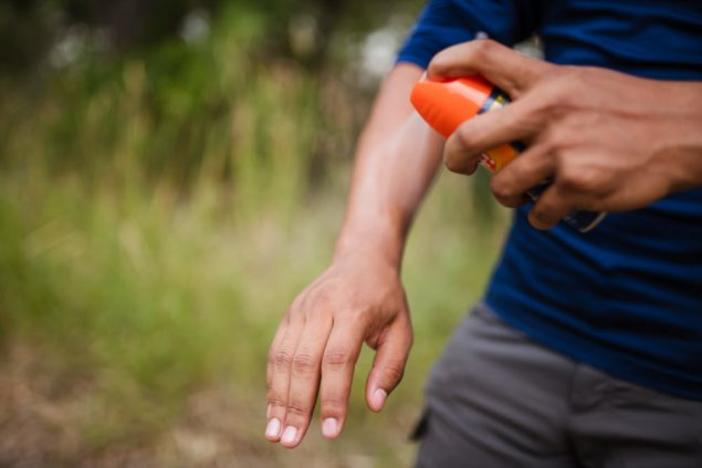Mosquito-borne Diseases
Mosquitoes can carry diseases and may transmit those diseases through a bite. Most mosquito bites do not result in infection, but the best way to decrease your chance of infection is to prevent mosquito bites.
Preventing and controlling mosquito-borne diseases often involves measures to reduce mosquito populations, protect individuals from mosquito bites, and manage the environment to minimize breeding sites. For information on Georgia's efforts in mosquito control, please visit the Environmental Health Section's Insects and Diseases webpage.
In public health, mosquito-borne diseases are categorized into two different types: endemic and travel-associated.
Endemic Mosquito-Borne Diseases
Endemic diseases are those that are regularly found and maintained in a specific geographic area, such as the state of Georgia. Examples include:
- West Nile Virus
- Eastern Equine Encephalitis
- La Crosse Encephalitis Virus [external link]
- Saint Louis Encephalitis Virus [external link]
Travel-Associated Mosquito-Borne Diseases
Travel-associated diseases are illnesses that people might get when they travel to places where these diseases are common. Travelers should inform themselves about diseases (including vectorborne) that may circulate in their destinations by reviewing information on the CDC's Travelers' Health Page [external link] and contacting their healthcare provider to determine if any medicine is needed while traveling to prevent certain diseases.
- Malaria
- Dengue
- Zika Virus
- Chikungunya [external link]
-
Mosquito-borne Disease Surveillance Data
Human Disease Cases in Georgia Residents Reported Between 2020-2024
Disease Five-Year Total Chikungunya <5 Dengue 89 Eastern Equine Encephalitis <5 La Crosse Encephalitis Virus <5 Malaria 277 West Nile virus 102 What is Case Surveillance? (CSTE) [external link]
Last updated 01/24/2024
